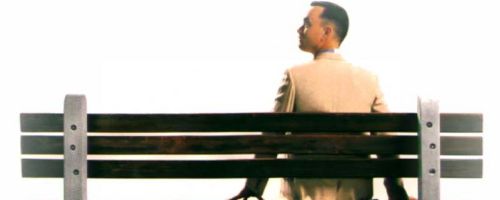


I didn’t really get a lot of writing done in New York City. Willie Morris used to say that every young man needs to do a stretch in New York, and I put myself on parole. If I’d known then what I know now, I’d make friends with younger people. Most of my friends are dead and there’s no Elaine’s. Q: It sounds like you have wonderful memories of D.C., New York and the Hamptons, yet you came back to your native Alabama.Ī: There’s no reason to be in New York anymore.

But it can be especially maddening, because halfway through, when you think you’ve got everything figured out, suddenly you realize it can’t go that way. With fiction, you’re sitting down and you’re staring at a blank sheet of paper. Believe me, it’s not easy to write a history book because of all the research involved, but at least you’ve got a beginning, middle and an end and the dialogue is already written for you. So, I thought I’d write about something I love, history. Scott Fitzgerald drank himself to death Hemingway blew his brains out. If you stick with fiction and that’s all you do, you’ll go crazy. Which do you prefer?Ī: You’ve got one good book in you if you’re lucky. Q: You primarily write about history, both fiction and nonfiction. A: My heroes were the World War II generation who had written about it, like James Jones, who wrote “The Thin Red Line” and “From Here to Eternity” Joseph Heller, who wrote “Catch-22” and Irwin Shaw with “The Young Lions.” Those were the books that resonated with me, and little did I know that all those guys would become my friends.


 0 kommentar(er)
0 kommentar(er)
